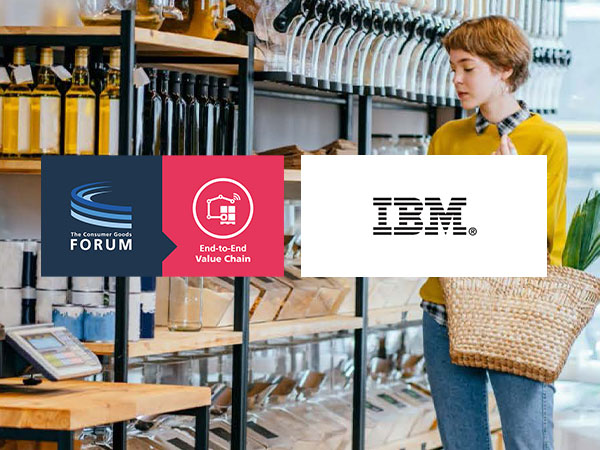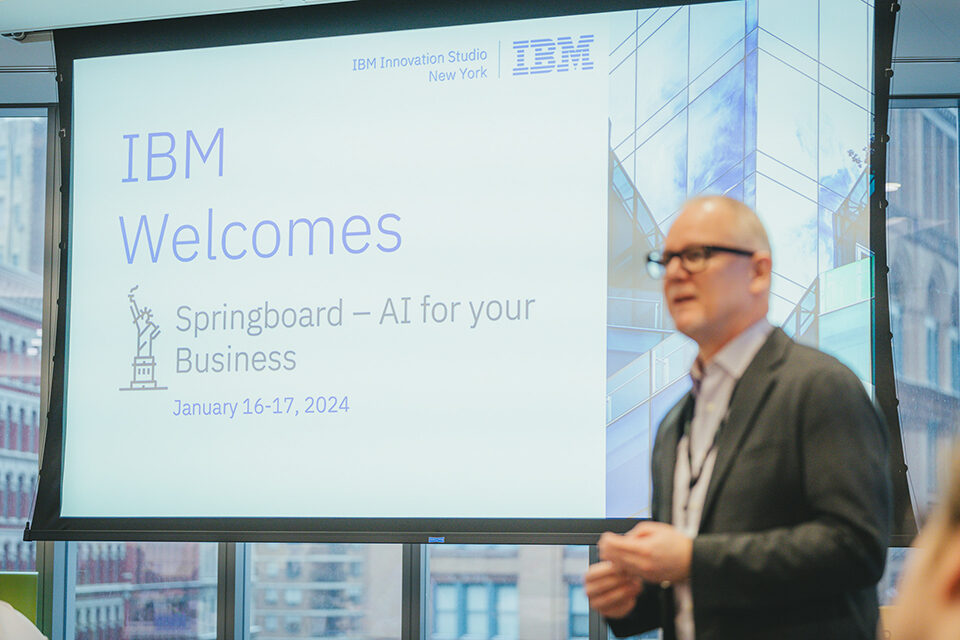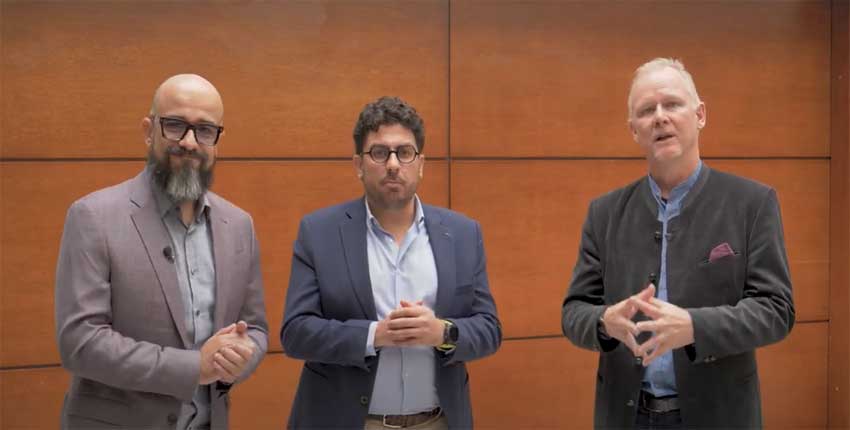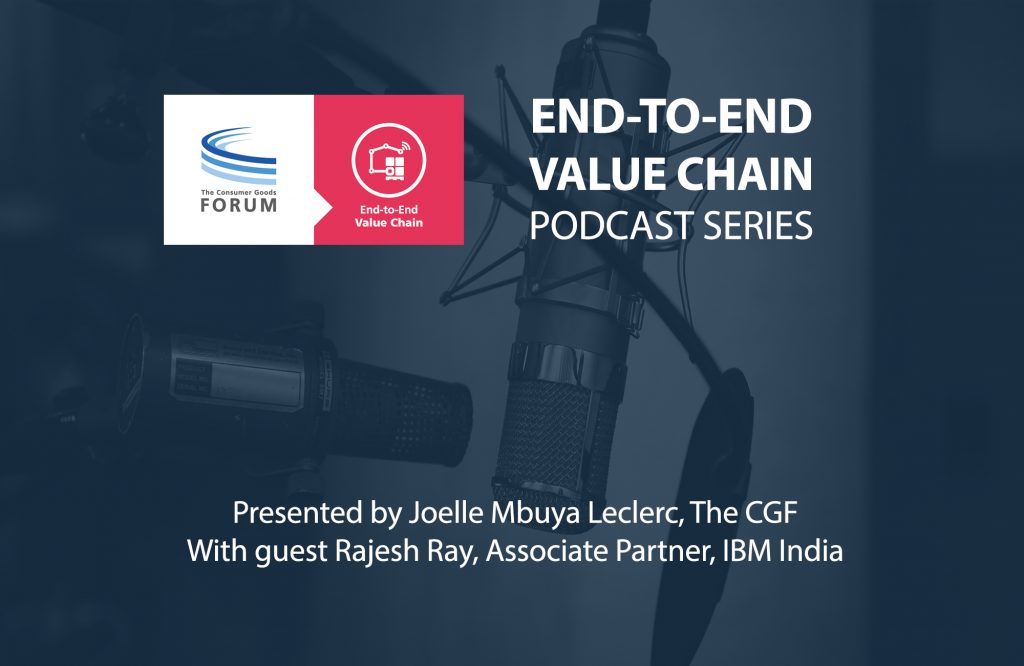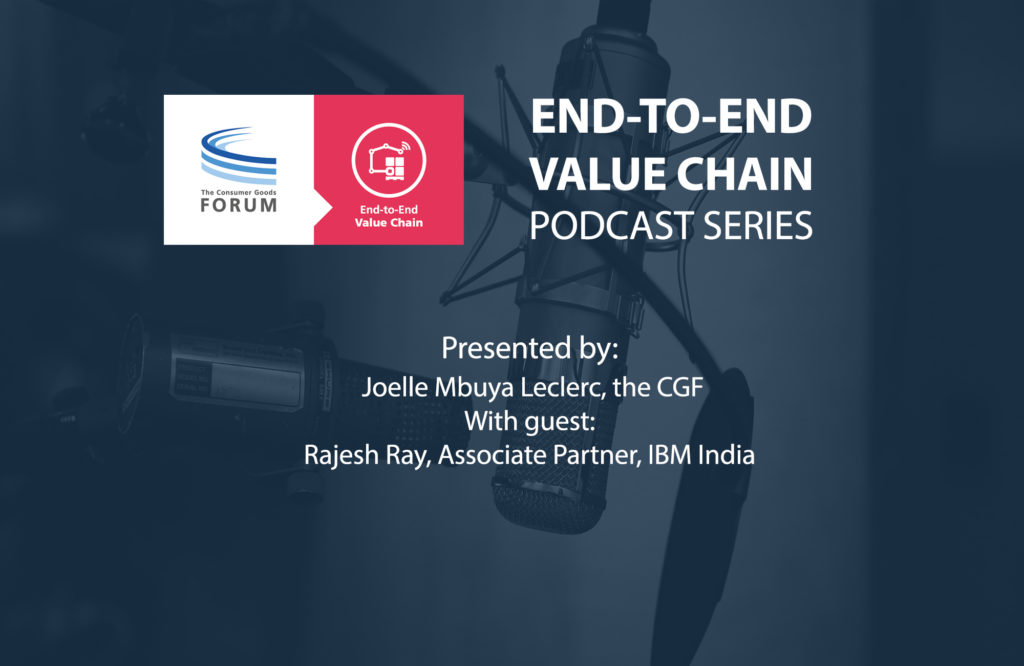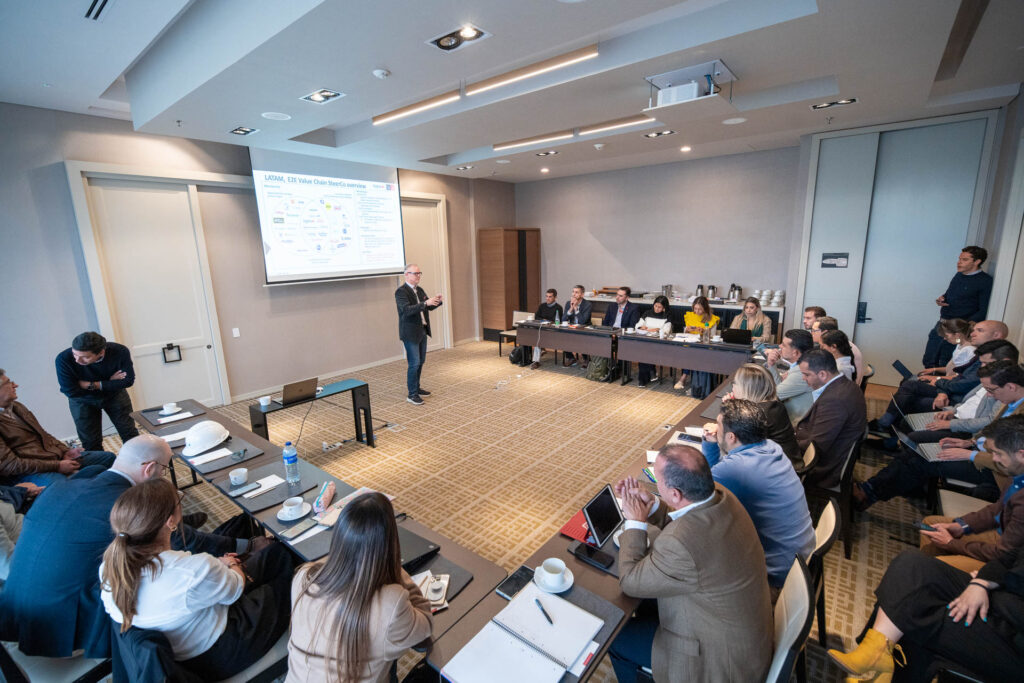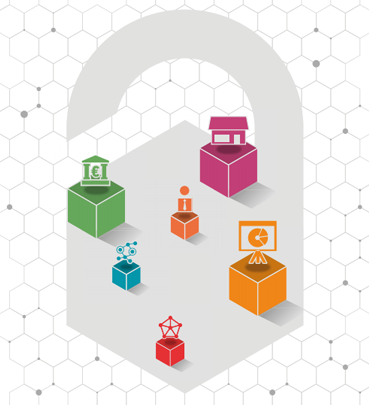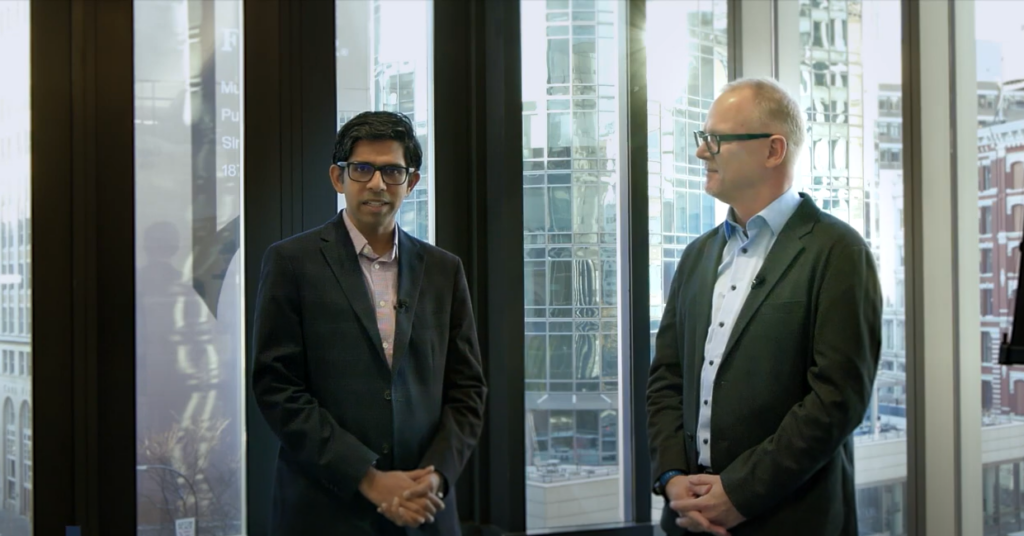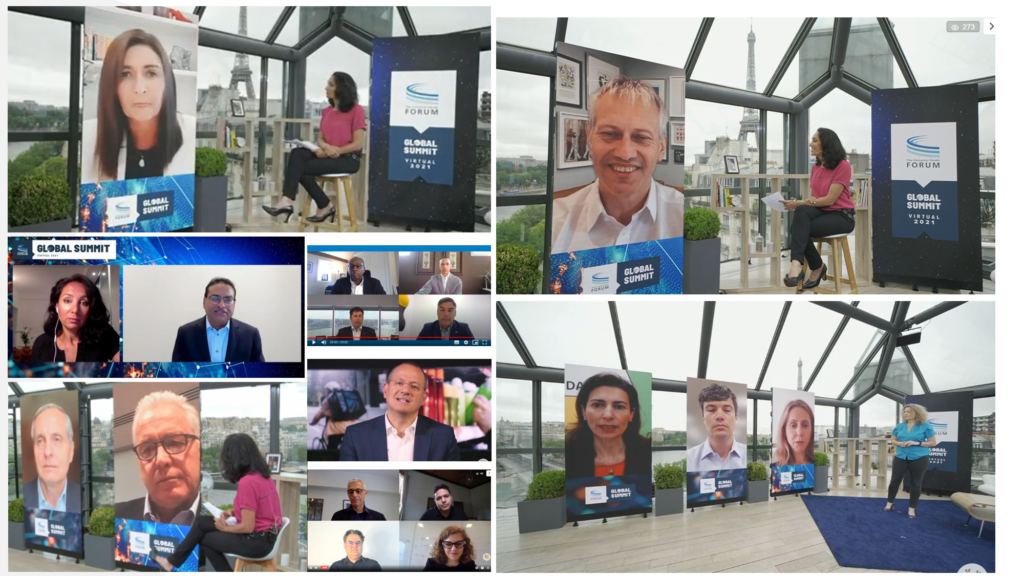Explore Tags
#E2E Value Chain, #CEO, #C-suite, #Social Sustainability, #Sustainability, #Employee Health, #Global Summit, #Supply Chain, #Consumer Behaviour, #Corporate Social Responsibility, #Colgate-Palmolive, #Japan, #Sustainable Supply Chain Initiative, #Responsible Sourcing, #store, #Ruediger Hagedorn, #social compliance, #executive summary, #Employee Wellbeing, #Sustainable Supply Chains, #China, #Climate Action, #Case Study, #Sustainable Trade, #summit, #end to end, #E2E, #consumer goods forum,
